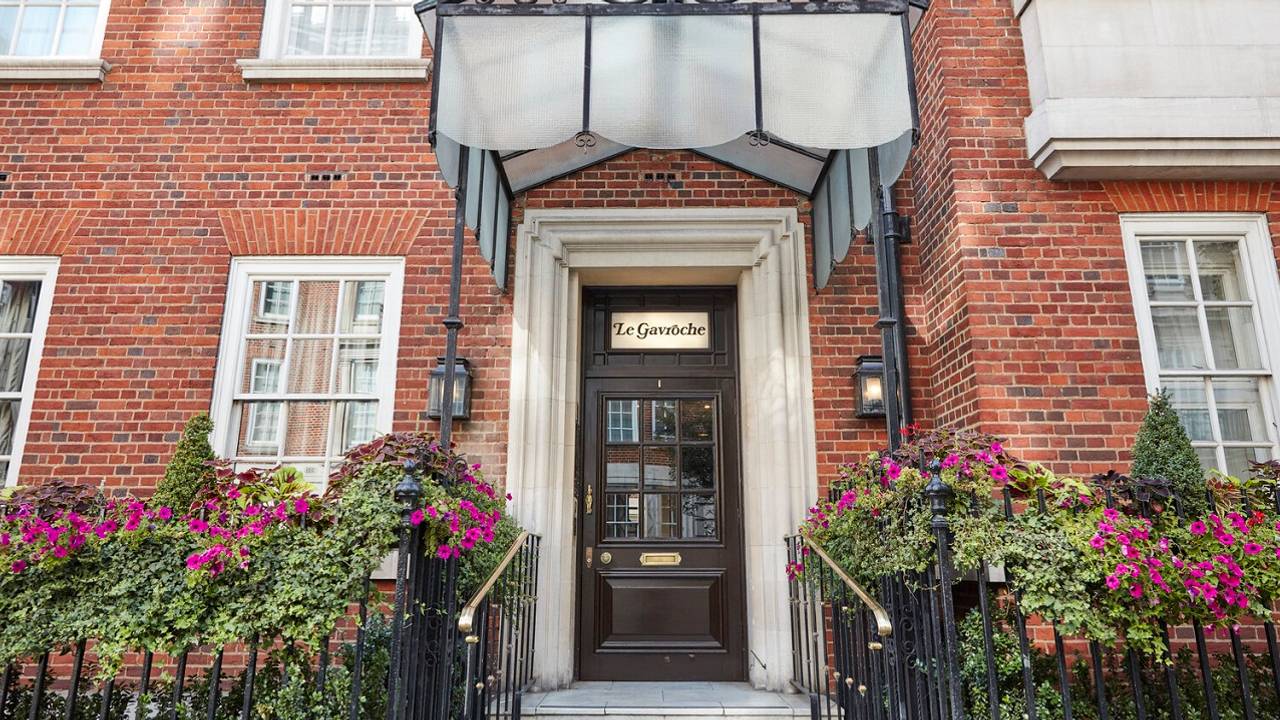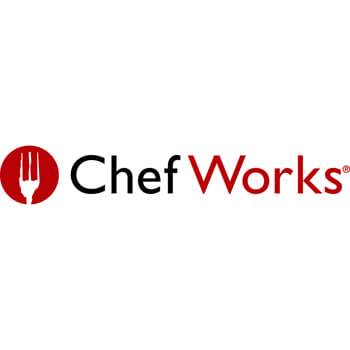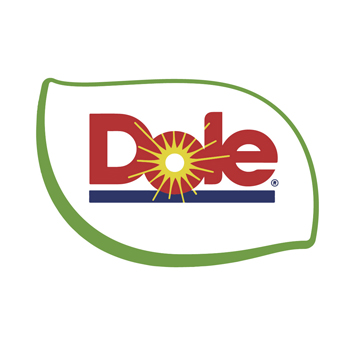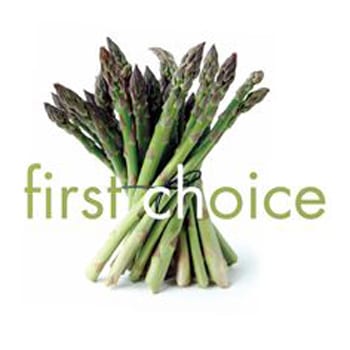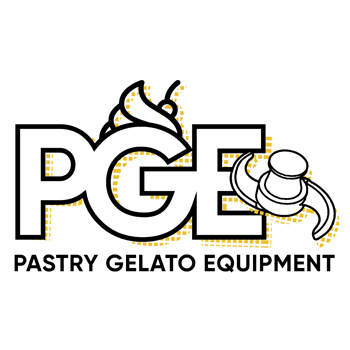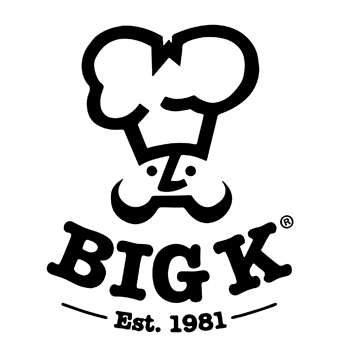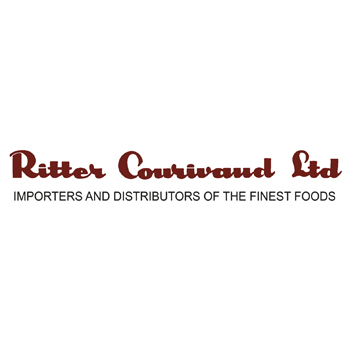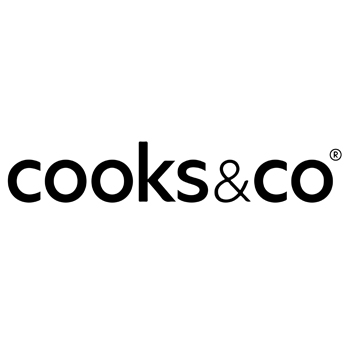Rising Costs Means Raising Quality – At a Price
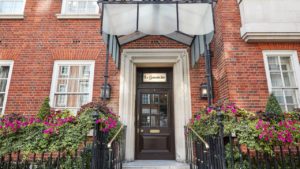
At Le Gavroche in 1992, during the first Gulf War, a decision was made not to increase prices in a time when the restaurant market was hit with fewer customers and rising costs. Instead, it was decided to increase portion sizes. There would be no “two-for-one” deals to tempt diners back into the restaurant. Le Gavroche knew its customer base and knew what was needed: reassurance.
Today, thirty years later, the restaurant market has changed. There are now customers galore but fewer staff and ingredients and energy costs are putting a squeeze on margins. At some point there will have to be a reckoning. Something will have to give.
In retail supermarkets are keeping basic costs low for essentials but other, less essential, ingredients are seeing steep increases. Retailers understand their customer base as much as Le Gavroche did in the past.
We talked to two operators at the top end of the market outside London to see how they were faring and what decisions they were making. The conversations were interesting and revealing.
 First we spoke to Neil Kedward of Seren Collection. The small Welsh-based group runs The Grove of Narberth and the fine dining restaurants The Coast at Saundersfoot and The Beach House at Oxwich.
First we spoke to Neil Kedward of Seren Collection. The small Welsh-based group runs The Grove of Narberth and the fine dining restaurants The Coast at Saundersfoot and The Beach House at Oxwich.
“It’s not easy at the moment,” Kedward admitted. “But, it’s not easy for everyone. However, we’ve never been so busy. We are beginning to see some softening of bookings in the short term and we are working on a 20% drop at worst case. The staycation business is unsustainable as more and more international travel opens up.
“However, revenue management figures are a cause for optimism. The problem will be the rising costs of ingredients among other things and also rising competition. It’s incredible but there are now pop-up restaurants and catering vans that are charging £13-16 for a burger – and they are busy. The demand for good, local, honest cooking is increasing and customers are prepared to pay. But, at the same time prices for local ingredients are going up as more and more outlets want it.
“We have taken the decision to invest in our staff – all our venues are down to four day weeks and it’s made a huge difference to morale and enthusiasm. But what I see happening is that our prices will rise. We are aiming for higher quality and higher quality of service. That’s our customer base. We believe that quality will survive.
“As this situation worsens there will be a logical fall in volumes – of people going to restaurants. Where it was affordable before it will start to become too expensive as restaurants that worked on extremely tight margins can no longer afford to do so.”
 The same focus on quality and service is a high priority for Eden Hotels. We spoke to incoming group Operations Manager Jayne O’Malley.
The same focus on quality and service is a high priority for Eden Hotels. We spoke to incoming group Operations Manager Jayne O’Malley.
“We have to focus on the positives,” she explained. “Business continues to pick up with increases in reservations and weddings are back. But, with the current shortage of team members particularly in kitchens and the additional challenges we have this year around legislation, specifically Calorie Labelling Legislation coming in April this can seem quite daunting.
“Our focus is on the creative use of local and seasonal food, minimal waste and sustainability, making sure our chefs and restaurant teams don’t burn out, due to guest demand. The quality and consistency of the service we offer will be the key to the way we move forward, whilst also working with increasing prices, shortfalls in supplies and the challenges of a return to VAT at 20%”
What does this mean for the future? Neil Kedward explained that they were still looking at opportunities but the focus had changed.
“We’re always looking. We’ve been looking since 2016 when we opened our last venture. However, the way we look at opportunity now is based on certain pros and cons. Do we have the right team in place? Are the foundations right? Is there enough business? We’ll have to wait and see how the business as a whole settles down this year.”
